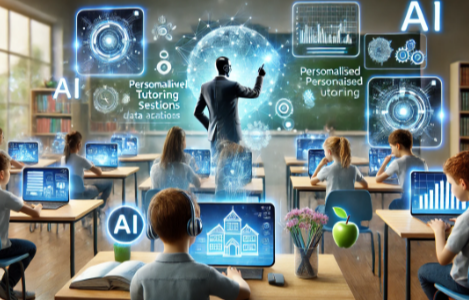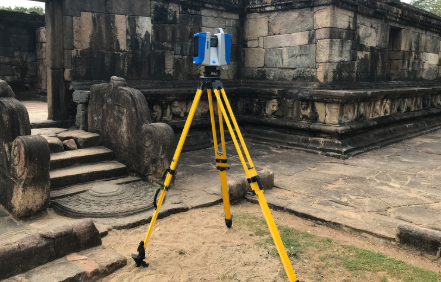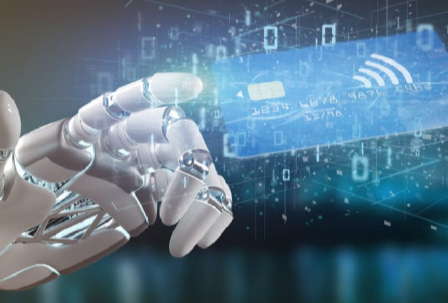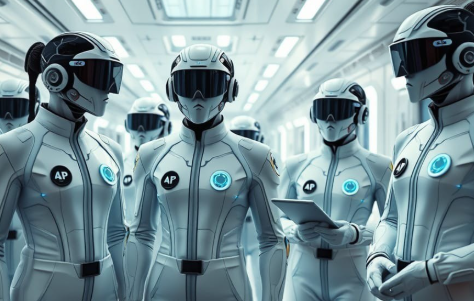The landscape of education is on the brink of transformation due to tech-driven personalized learning. Advanced artificial intelligence and data analytics are set to redefine how learners engage with content. While adaptive learning platforms promise tailored experiences, significant hurdles remain, particularly in teacher training and infrastructure. Understanding these dynamics will be crucial in shaping the future of education. What innovative solutions might emerge to address these challenges?
The Rise of Artificial Intelligence in Education
In recent years, the integration of artificial intelligence (AI) in education has become increasingly prevalent, transforming traditional teaching methodologies.
AI tutors provide personalized support, adapting to individual learning styles and paces. Intelligent assessments analyze student performance, offering insights that foster improvement.
This innovative approach not only enhances engagement but also empowers learners, promoting a sense of autonomy in their educational journeys.
Read more: How Technology Is Helping to Preserve Cultural Heritage
Adaptive Learning Platforms: A Game Changer
While traditional educational approaches often adopt a one-size-fits-all model, adaptive learning platforms have emerged as a revolutionary solution, tailoring educational experiences to meet the unique needs of each student.
The Role of Data Analytics in Personalized Learning
As educational institutions increasingly embrace technology, data analytics has emerged as a pivotal element in enhancing personalized learning experiences.
By leveraging data tracking and analyzing learning metrics, educators can tailor instruction to individual needs, fostering engagement and promoting autonomy.
This innovative approach empowers learners, allowing them to progress at their own pace and make informed choices about their educational journeys, ultimately transforming the learning landscape.
Overcoming Challenges in Implementing Personalized Learning
Although personalized learning offers significant benefits, numerous challenges must be addressed to ensure its successful implementation in educational settings.
Teacher training is crucial; educators must adapt to new methodologies and technologies to foster student engagement effectively.
Additionally, integrating personalized learning requires robust infrastructure and a shift in pedagogical approaches, which can be daunting but essential for creating an environment conducive to individualized education.
Conclusion
In conclusion, the future of tech-driven personalized learning stands at the crossroads of innovation and necessity. As artificial intelligence and data analytics intertwine, they create a vibrant tapestry of educational possibilities tailored to individual needs. However, like a ship navigating turbulent waters, overcoming challenges such as teacher training and infrastructure demands collaborative efforts. By harnessing these technological advancements, educators and developers can steer toward a horizon where personalized learning flourishes, empowering students to thrive in their unique journeys.



